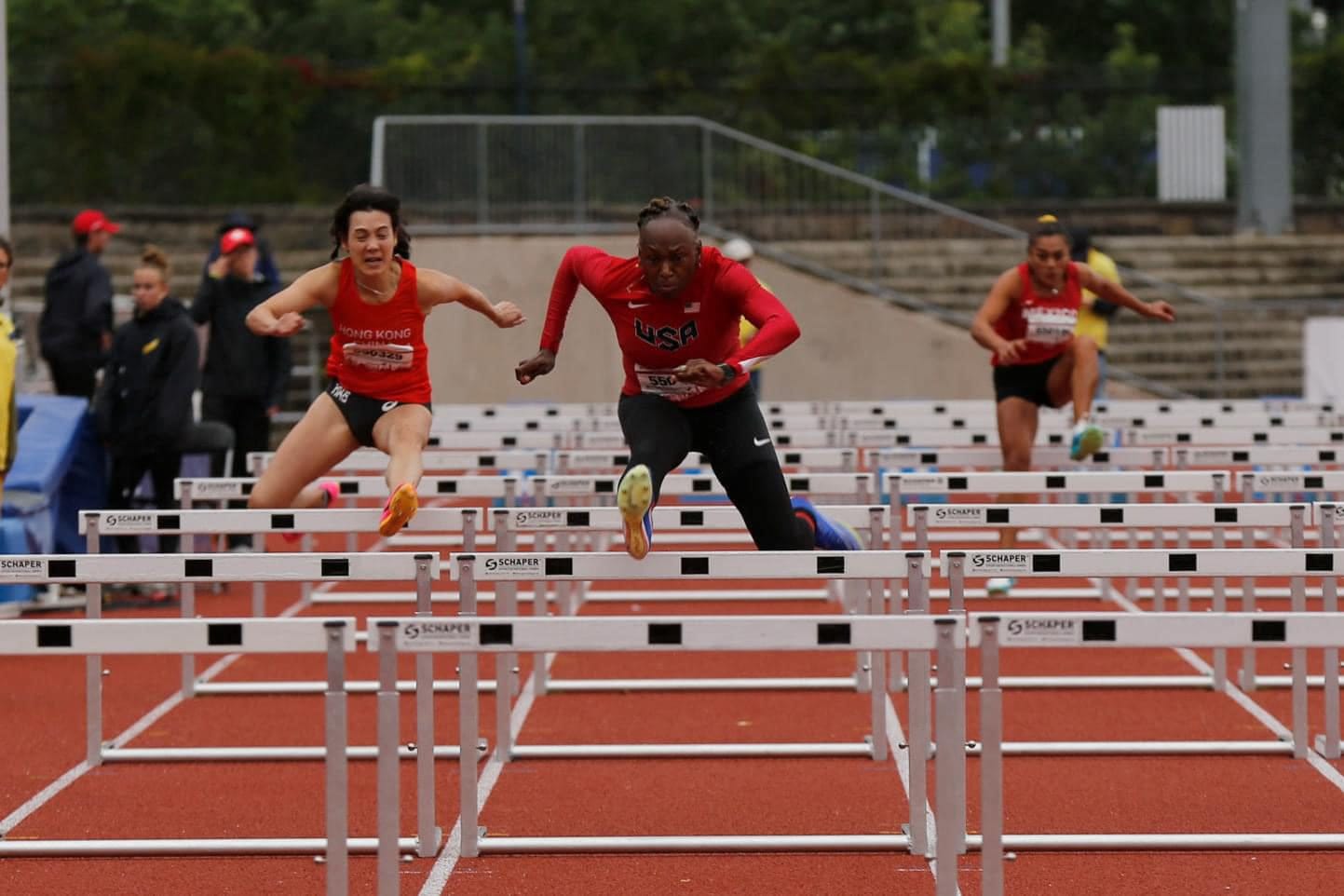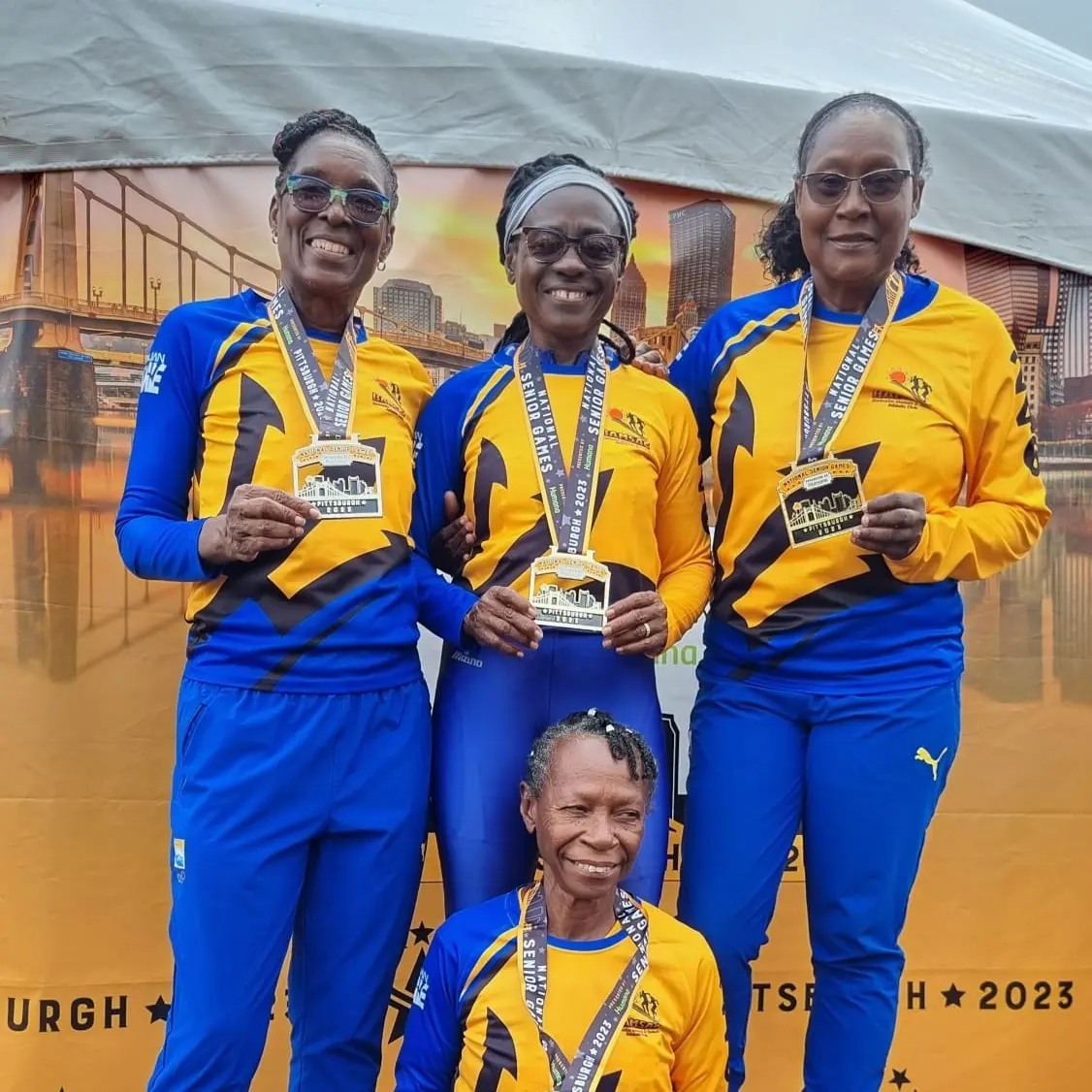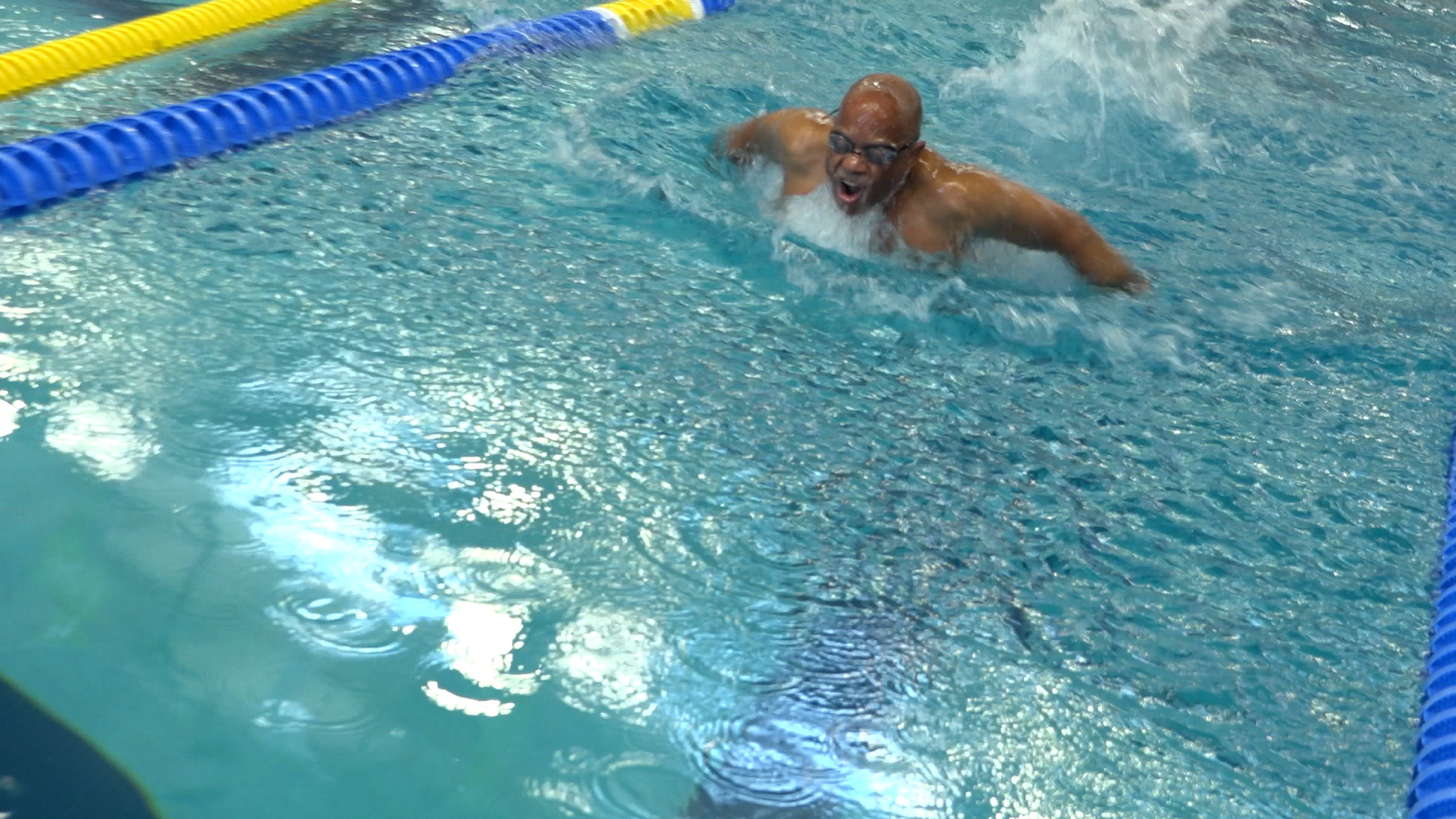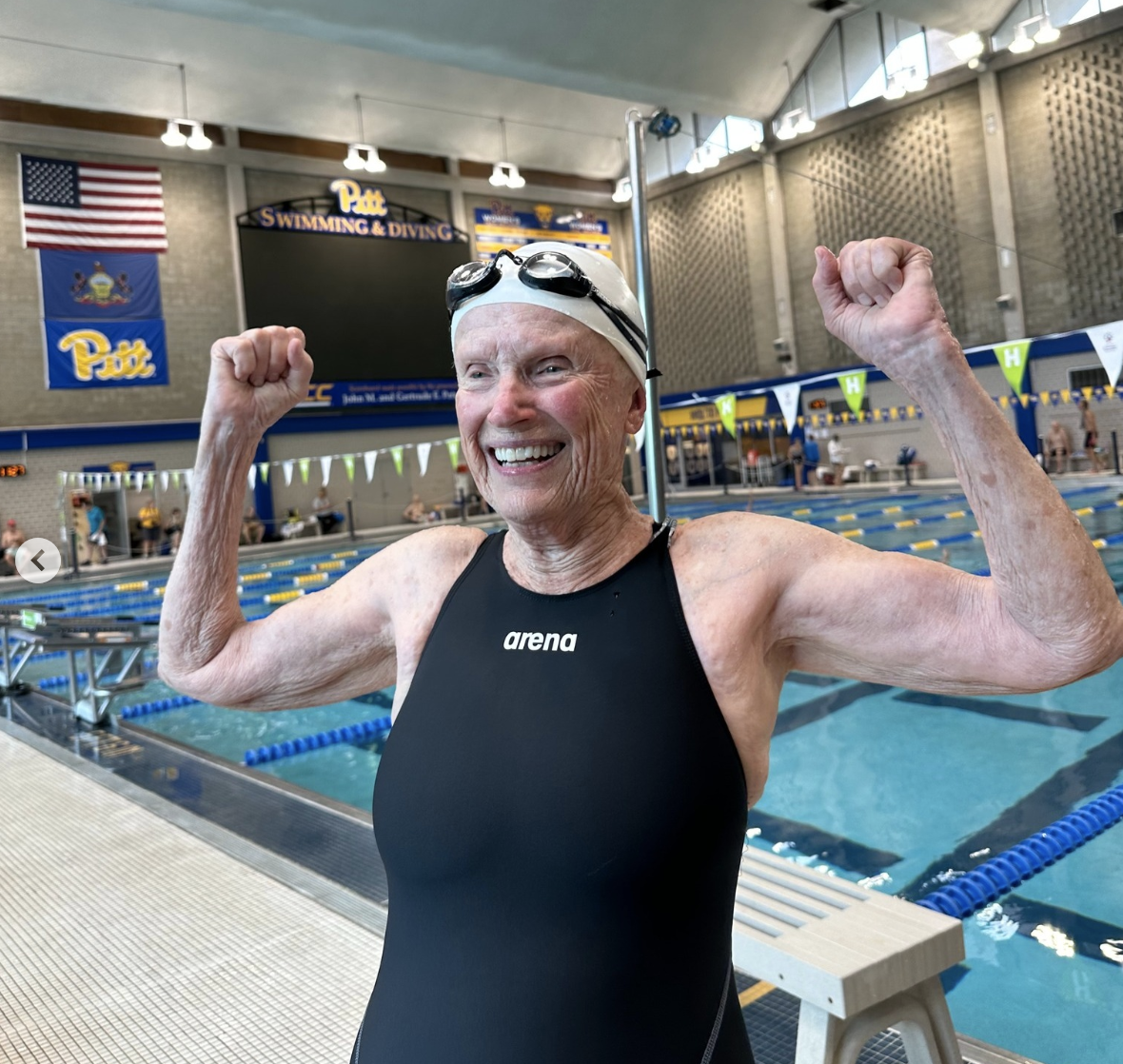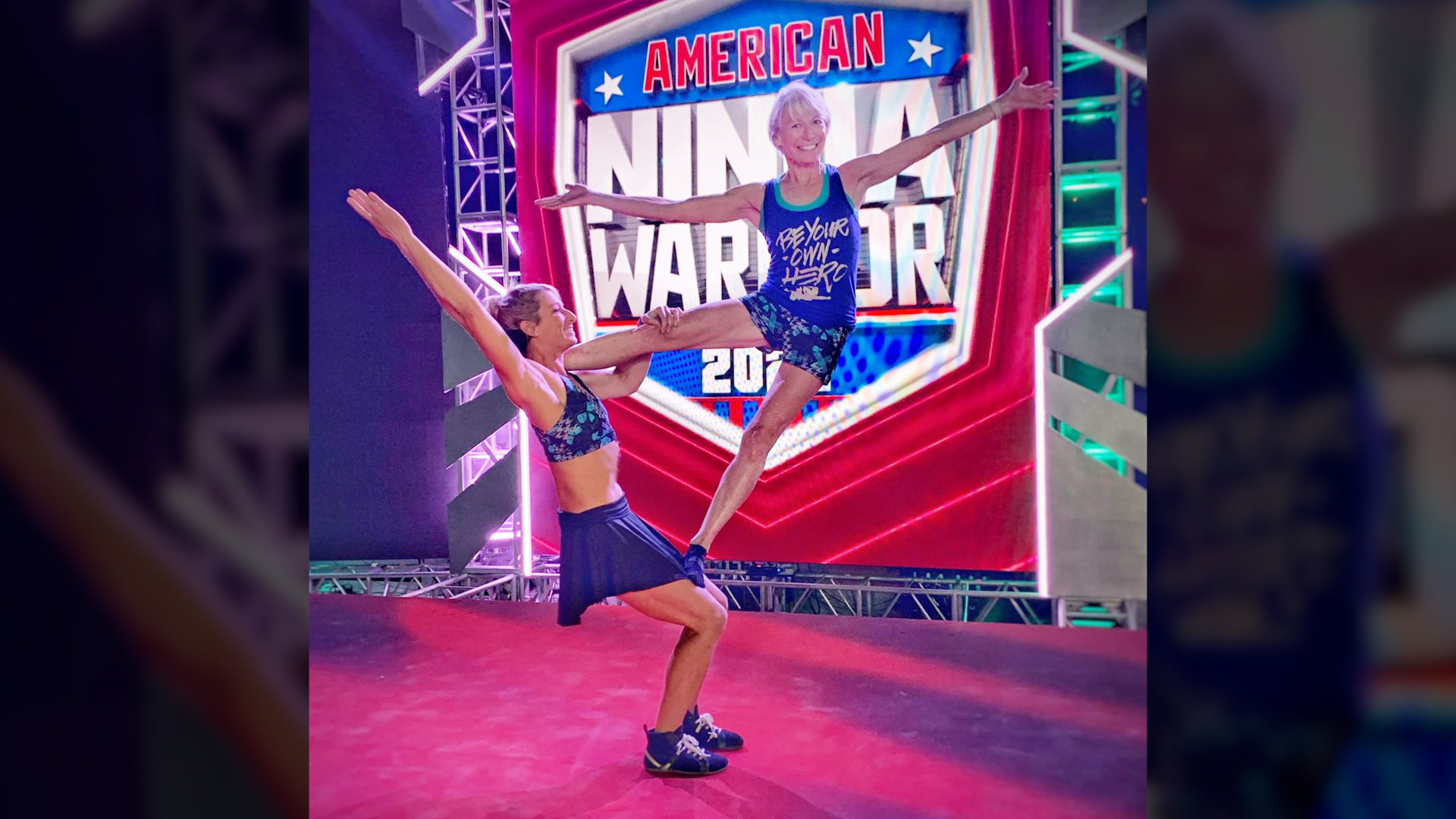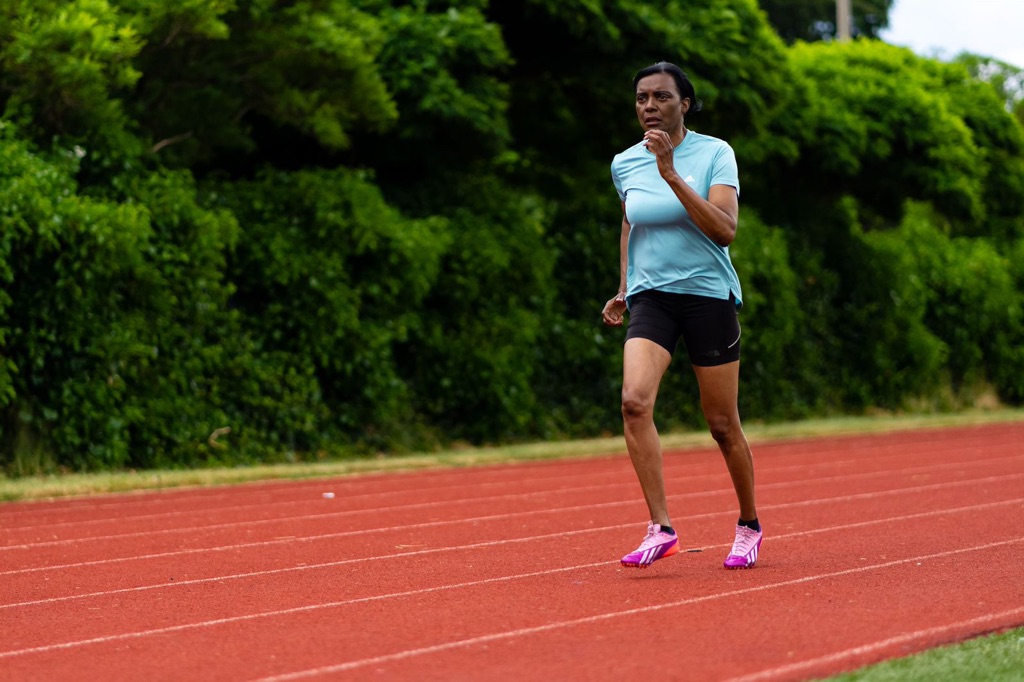Last Updated on November 28, 2023
Roger Robinson is regarded as the outstanding historical writer on running. He was interviewed by Marc Middleton for the Fountain of Youth podcast in February 2023. His latest book is Running Throughout Time: the Greatest Running Stories Ever Told (Meyer & Meyer), shares vivid and accurate narratives of the sport’s best stories. Available from bookstores, all online sources, and Amazon.
In February, 2023, in Bathurst, Australia, I ran once more in the World Cross-Country Championship, one of the great sports events. I was first selected for it in 1966. This new opportunity came when World Athletics added masters championships to the program for the first time. Instead of going as a spectator, and to join reunions of my own generation, I could also be a competitor again.
I was ready. For my age, I was in good race shape. I had been running consistently five to seven hours a week, including faster sessions, hills, and longer runs up to two hours – the same mix of pace and stamina that all endurance sports require. The main change with age is that you need to program more recovery. My half-joke is that an hour’s run takes two hours, because of the hour’s nap that has to follow.
Through the age-grades, I have contested and sometimes won national (New Zealand) and world masters championships. When the 2022 National Senior Games in Fort Lauderdale were opened to non-U.S. citizens, I was able to add that experience. One of the best things I’ve known in later life was the competition, communality, festivity, and friendship that the NSG embody. The 10K road race in Florida was memorable, as the only time I have raced past signage advising me not to disturb the alligators, and for my first NSG title.
The Bathurst opportunity was different again – masters competition as a full part of the actual World Cross- Country. For me, that resonated deeply. The lucky chance had personal significance.
My love of the Championship goes back to a book that I won in 1957, as first prize in a schools race near London, The Jubilee History of the International Cross-Country Union, 1903-1953. My teenage imagination was ignited by those stories of muddy contests long ago, and the faded photos of men in baggy shorts racing over hills and hurdles. I learned that the sport I enjoyed at high school had a long international history. My lifelong passion for the history of running, part of my work as a writer, began with those cheaply printed pages.
I did not imagine I would ever run in the championship, but that came true when I was selected for the England team in 1966, and then in 1977 to represent New Zealand, after I moved there. In Morocco and Germany, both were on flat grass horse-race circuits. Needing the mud and hills of real cross-country to compensate for my lack of speed, I felt I ran below my best.
Nothing can change those results, or soothe my disappointment. Sometimes in bad dreams, I am struggling near the back of those fields, or missing the start. Now, long after, I had another chance. Only in my senior age-group, but still a chance at world championship restitution.
As for the race: if you believe that running after eighty is mere doddery shuffling, wait till you’re up there, racing to your limit, your legs tired and your lungs gasping for oxygen, and you make the sharp u-turn at halfway and see that you are being stalked by a lanky Aussie with a threatening scowl like Mel Gibson in Lethal Weapon.
He made me work for it. It was a tough course, a raw slice of the Australian outback, broken and unpredictable, rusty dirt, gray raggedy scrub grass, diabolical hills, and a “billabong” (as in the national song, “Waltzing Matilda”), a stretch of treacherous ankle-deep wet slush that caused many runners to skid to a slimy downfall. (Some of the slower kids in the schools races lay down and daubed themselves heroically.) Added to that was the searing Outback summer heat. Several runners passed out, including the Ethiopian women’s favorite. Later came lightning and torrential rain. The age-old continent of Australia does nothing by half-measures.
I finally broke away from my stubborn shadow as we duelled for the second time up a steep rough-surfaced hill that broke many hearts that weekend. At last, I sensed he had lost contact. Somehow, my two replaced knees coped with the steep downhills.
In sport, every win takes preparation, persistence, and luck. For older sportspeople, there is luck in simply being there, alive and on our feet. I quietly dedicated my win to runner friends, including England and New Zealand teammates from 1966 and 1977, some much better runners than I was, who are no longer with us, or who can no longer run.
Roger Robinson is really a one-of-a-kind talent. He is an elite runner, an award-winning writer, a literary scholar, a historian and an investigative journalist. He was the world’s leading masters distance runner throughout the 1980s, winning the masters division in the New York Marathon. Now 83 years old, he’s still running and setting records, but his greatest contribution to the sport and beyond may be his writing about running.



